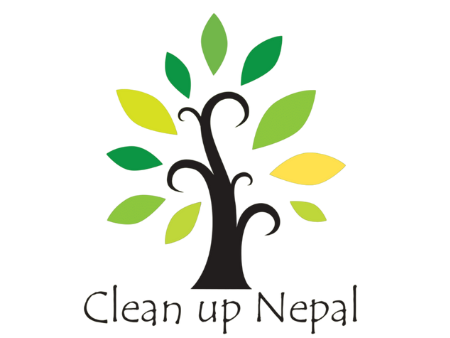Targeted Beneficiaries
8 Schools, 240 Students and 80 Teachers
66
Compost Bins
50
PPE Set
6
Metal Bin
1800
Saplings
Green Steps: Empowering Nepal through Waste Reduction
Funding/Support Organization
- Standard Chartered Bank Private Limited
Project Duration
1 July onwards
Project Goal
The goal of the project is to establish sustainable waste management systems,
promote environmental responsibility, and empower communities, particularly women,
across six provinces of Nepal, contributing to the achievement of SDGs 5, 8, 12, and 13.
Objective
- Schools adopting Zero Waste practices through training and learning resources
- Waste workers trained and equipped with Personal Protective Equipment (PPE), ensuring safety measures
- Vulnerable women empowered through composting practices
- Communities actively engage in waste management, reducing waste generation
- Local governments improving waste management accountability through Safa Nepal app
Project Outcome/Output
- Enhanced awareness among students, teachers through Zero Waste sessions
- Training waste workers in Occupational, Health and Safety and Reproductive Health
- Training community women in waste segregation and composting
- Plantation of saplings across target areas
- Conduct community clean-up events
- Orientation of 3000 people on the use of the Safa Nepal app
- Establish linkages with private sectors with robust solid waste management mechanism.
Geographical Location
1) Koshi Province : Itahari Sub Metropolitan City
2) Madhesh
Province : Janakpur Sub Metropolitan City
3) Gandaki Province : Pokhara Metropolitan City
4) Lumbini Province : Nepalgunj Sub Metropolitan City
5) Karnali Province : Birendranagar Municipality
6) Sudurpaschim Province : Dhangadhi Sub Metropolitan City
Project Description
The project focuses on strengthening sustainable waste management
systems, promoting environmental awareness, and improving community health through key
interventions. It includes zero waste sessions for school students and training for school staff
on waste management, supported by intra-school competitions to encourage student
participation. Schools will receive waste segregation systems and composting facilities to
promote practical waste management practices.
Community-level activities include plantation campaigns, clean-up events, and the
installation of metal waste bins at strategic locations. Waste workers will benefit from training
on occupational health, safety, and reproductive health, along with the distribution of PPE
sets to enhance their safety and well-being.
The project will also launch the Safa Nepal application, providing hands-on training and
community orientation to ensure effective use. Additional interventions include training on
waste segregation, creating value from Multi-Layered Plastics (MLP), and composting
organic waste. Vulnerable women will receive compost bins, supporting inclusive economic
opportunities and circular economy practices.
Targeted Beneficiaries
350,000
Community people residing the river corridor
10
Schools covering 1000 students
500
IWWs and 2 aggregators (prioritizing vulnerable communities and women)
